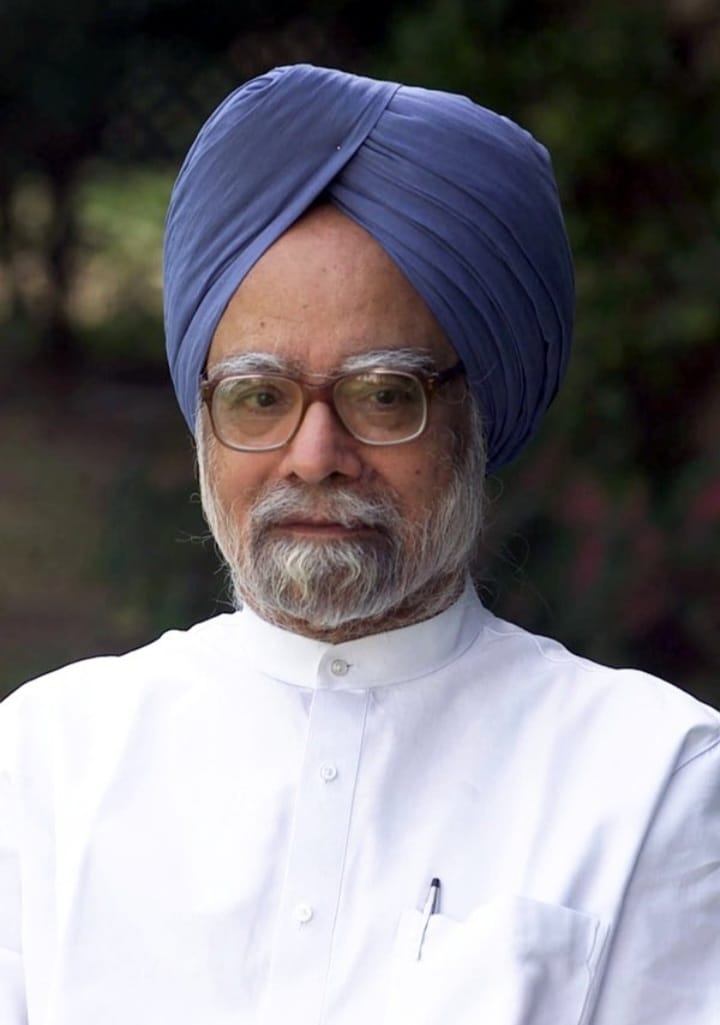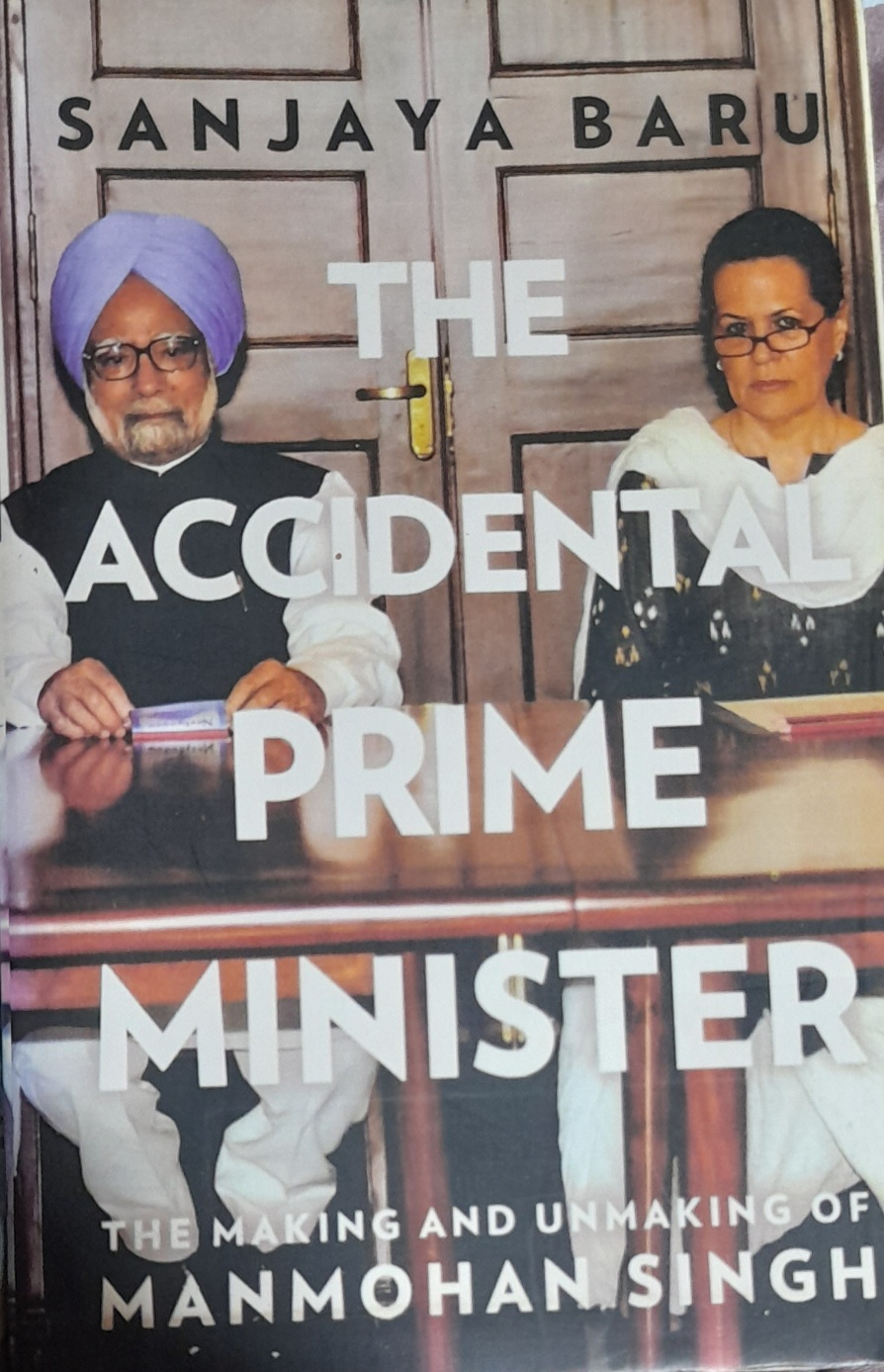New Delhi/Shimla: Former Prime Minister Dr. Manmohan Singh is no More. He passed away on Thursday, December 26, 2024 today evening. He was 92.
Dr. Singh was rushed to AIIMS Delhi's emergency ward earlier in the evening. Despite efforts by the AIIMS doctors, the veteran leader breathed his last.
The news of his sudden death has gone viral on social media.
Born on September 26, 1932, in the united Punjab, his life was a saga of academic brilliance, economic reforms and graceful politics. He earned degrees in Economics from Panjab University and Cambridge University.
In 1962, he completed his D.Phil from Oxford University. His intellect set him apart early in his career.
Dr. Singh entered public service in 1971 as an economic advisor in the Commerce Ministry. He rose through ranks. He served as Chief Economic Advisor, Finance Secretary, and RBI Governor.
As Finance Minister (1991-1996), he became the architect of India’s economic liberalization.
His reforms dismantled the License Raj. He opened India's economy to the world. His work marked the start of a new economic era for India.
He saved India from bankruptcy in the 1991 global economic crisis. He started MGNREGA that saved hungry millions from deprivation during Covid pandemic in 2020.
He shaped up Indian foreign policy based on- Vasudev Kutumbkam. Dr Manmohan Singh's Doctrine laid the solid foundation of India's economic and democratic values based on "Nehruian realism". Our foreign policy is still continuing on this mantra today.
In 2004, Dr. Singh became India’s first Sikh Prime Minister. He led the UPA government for two consecutive terms until 2014.
His critics term him as an Accidental Prime Minister.
His tenure saw an average growth rate of 7.7%. Millions rose above the poverty line. Major initiatives like the MGNREGA and the India-US nuclear deal highlighted his leadership, said his admirers.
However, his tenure wasn’t without controversy. Corruption scandals dented his government’s image. Critics labeled him a ‘silent PM’ amid political turmoil.
Despite challenges, Dr. Singh’s integrity remained intact. His calm and composed demeanor won admiration.
Dr. Singh married Gursharan Kaur and had three daughters. He received the Padma Vibhushan and many global honors for his contributions.
Sanjaya Baru was Dr. Manmohan Singh's media advisor from 2004 to 2008. In 2014, he wrote The Accidental Prime Minister. The book gives a behind-the-scenes look at Dr. Singh's first term as PM during the UPA government.
Baru paints Dr. Singh as a smart economist and a straight-shooter. But he says Singh had a tough time dealing with Congress politics. According to Baru, Sonia Gandhi called the shots and overshadowed Singh’s authority. She even had a big say in how the PMO worked.
Baru says Dr. Singh himself admitted the power balance. He’s quoted saying, "There can’t be two power centers... I have to accept the party president is the boss. The government answers to the party."
The book talks about major decisions and fights within the government during Singh’s time. It shows how Singh handled tricky political situations while trying to push his ideas for India’s growth.
The memoir stirred up a storm when it came out. The PMO called it "fiction" and accused Baru of using insider info for personal gain.
But Baru stuck to his story. He said the book shows Singh in a humane light and gives a clear picture of his struggles and wins.
Dr Baru concludes, "Why Dr Singh didn't quit, when he realized he had lost his control over his own government.... promising loyalty to hereditary succession is a monarchical attribute, not a democratic one. That was Dr Manmohan Singh's fatal error of judgment".
His demise marks the end of an indelible era. Dr. Manmohan Singh leaves behind a complex legacy and solid foundation his idea of globalization with which we are engaging with today's different powers of the world.
He is remembered as a visionary economist, a diplomat, and a symbol of grace in Indian politics and an Accidental PM and perhaps Bheesham Pitamah of Modern politics.
Readers Comments:
Kuldeep Chauhan's article has put late Sh. Manmohan Singh in a right perspective saying that he brought about great economic reforms in 1991 when whole world was facing recession. During his tenure as Prime Minister of India, he brought M G- Nrega Act 2005 which assured rural people of country 100 days employment in their area.
Right to Information Act, 2005 and National Disaster Act 2005 were enacted under his regime. The Right to information Act have given constitutional rights to citizens of India to access any information from Government Departments as matter of right except few exception.
This has eradicated corruption, and brought about transparency and accountability in Government system. Similarly the National Disaster Management Act has helped our country to manage epidemic of covid during 2019 and 2020.This Act is also important in managing any disaster and providing of relief and rehabilitation to people of our country- (DK MANTA MEMBER, MGNREGA OMBUDSMAN HP).



